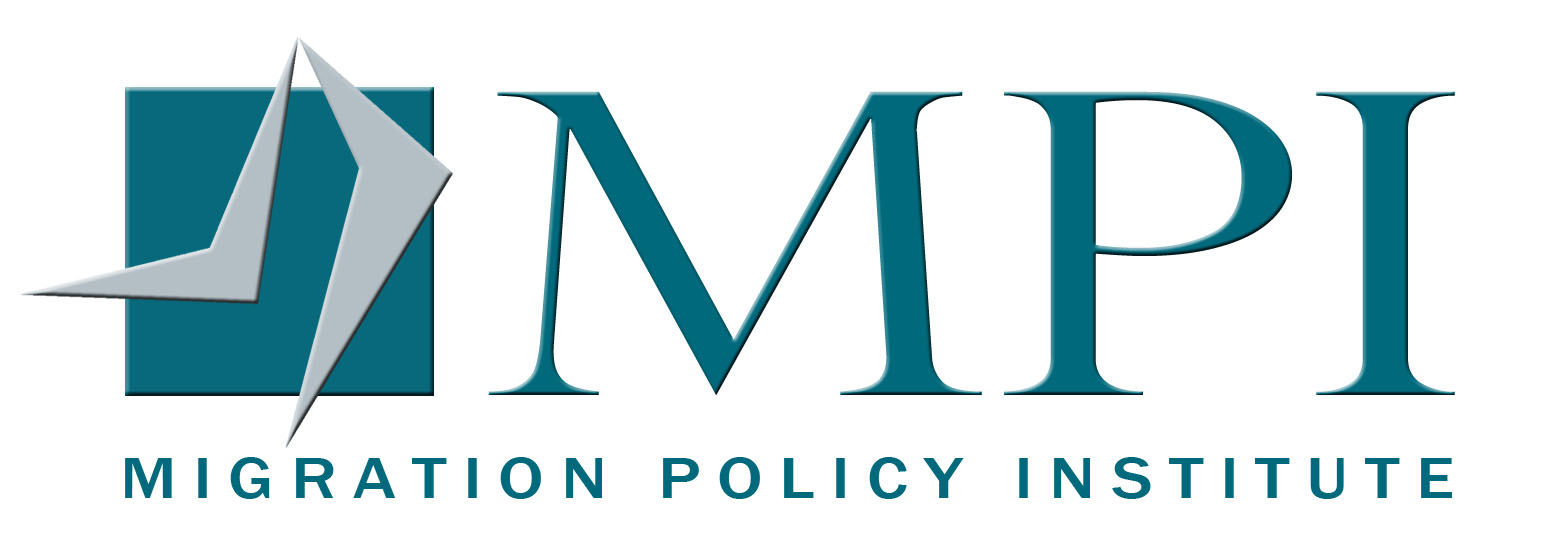11/12: MPI Event: Two Years into Global Compacts on Refugees and Migration, Government & UN Reps Reflect on Changes & Future Path
SPEAKERS:
Cláudia Dias Pereira, Secretary of State for Integration and Migration, Portugal
Grainne O’Hara, Director, Division of International Protection, UN High Commissioner for Refugees (UNHCR)
Jonathan Prentice, Coordinator, United Nations (UN) Migration Network
MODERATOR:
Kathleen Newland, Senior Fellow, Migration Policy Institute (MPI)
In the two years since the adoption of the Global Compact on Refugees and the Global Compact for Safe, Orderly, and Regular Migration, efforts have been underway to translate commitments from paper to reality. Both at the national level and in regional and international dialogues, the compacts offer a common language and have paved the way for policy reform and innovation—including in areas previously under the radar of most policymakers. Among the innovative efforts: including migrants in digital service provision, drawing on refugees’ expertise in integration policymaking, and recognizing the role of migrants in providing basic services to other migrants and host populations.
Still, questions remain on how to make the compacts more tangible, both for governments and migrants and refugees themselves. Some governments are concerned about finding sufficient funding to implement their commitments; others are struggling to see the compacts’ added value when responding to emergency situations or mixed migration. Furthermore, the COVID-19 pandemic has tested the agreements in unanticipated ways as mobility and compact implementation have slowed. Yet this moment has also shown the potential value of both compacts to tackle the pandemic’s adverse effects on human mobility, host societies, and the global economy.
Join this conversation exploring the extent to which the compacts have met expectations and how they are interconnected. Speakers from UN organizations and countries across the migration spectrum will offer insights on the efforts undertaken so far and reflect on the compacts’ usefulness and their potential to shape future debates and actions on migration and displacement.
This webinar will take place on December 11 at 8:30 A.M. ET (New York, D.C.) / 1:30 P.M. GMT (London) / 2:30 P.M. MT (Brussels, Berlin)

